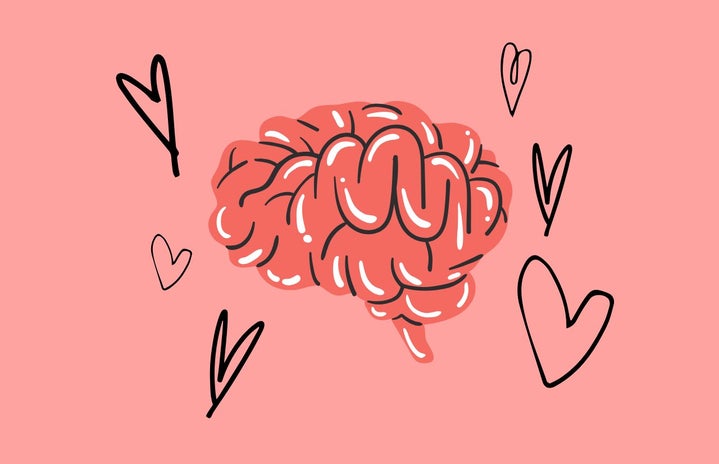Warning: The following article was not written by a professional in mental health or psychology. The information and tips provided are meant to assist anyone with minor cases of internalized gaslighting and poor self-confidence dialogues. However, please seek professional help for any serious mental health concerns.
The term ‘gaslighting’ emerged in 1938 when playwright Patrick Hamilton premiered his play, ‘Gas Light,’ and later the term grew in popularity after the film adaptation ‘Gaslight’ was premiered in 1944. The storyline follows a married couple, of which the husband gradually convinces his wife that she is going insane. This closely resembles today’s definition of gaslighting and the narrative of psychological abuse in relationships which is often discussed while addressing cases of gaslighting.
Gaslighting is a form of psychological manipulation whereby a person or group of people makes someone else question or doubt their own sanity. Although gaslighting can frequently be found in toxic sexual relationships, it is also common in friendships, family relationships, work relationships or anywhere else in one’s life. While gaslighting is often discussed in the context of two or more people, the lesser discussed form of gaslighting, which can be just as dangerous, is self-gaslighting.
Unlike gaslighting that occurs between multiple people, self-gaslighting or internalized gaslighting is a thought process whereby an individual manipulates their thoughts in a spiral of self-doubt. Just as dangerous as it sounds, it is surprising that self-gaslighting is discussed much less, especially since almost all people have had varying experiences with self-gaslighting. Moreover, through the education and awareness of self-gaslighting, anyone can make significant strides towards developing their self-confidence.
The following are some examples of responses which may occur when an individual gaslights themselves:
Doubting or downplaying emotions through narratives like, “I’m probably just overreacting,” “I am too emotional” or “I am being too dramatic.”
Not trusting external experiences and emotional responses by thinking, “I must be imagining it,” “I’m remembering things wrong” or “It’s all in my head.”
Not believing in one’s self by thinking thoughts such as, “It is all my fault,” “I am not good enough” or “I am not worthy.”
The list can go on, but the examples above are very common emotional responses to situations where a person may doubt or devalue feelings, and they are indicators of spaces to work on self-confidence.
Self-gaslighting scenarios don’t always occur in an individual’s thoughts; they can also occur during social scenarios. Here are several examples of where an individual may gaslight themselves in a social setting:
When a student answers a question in class saying, “I’m not sure if this is right, but…” when they are confident they know the answer.
In an email when writing lines such as, “I’m not sure if I am sending this to the right person, but…” or “I could be wrong, but…”
Whether an individual is self-gaslighting in their head or externally among others, it is a response to situations that demonstrate self-doubt and a lack of confidence. This should not be scary, as almost everyone has self-gaslighting tendencies; however, learning to recognize them and work to stop them will do wonders for anyone’s confidence.
The first step to ending internalized gaslighting is to be aware that it occurs. From there, one can begin to recognize the signs of when it most frequently happens. Once a self-gaslighting dialogue has begun and it is recognized, remember that all feelings are valid and that they are occurring for a reason. Work towards emotional responses that are not filled with self-doubt, but which acknowledge and react to circumstances appropriately. Lastly, work towards speaking with confidence and exuding certainty in statements. Remember to trust yourself and the rest will follow.
Growing confidence is not an easy task; however, working day-by-day, little-by-little anyone can work towards improving their internal and external dialogues, which can overall make positive changes in one’s life.



